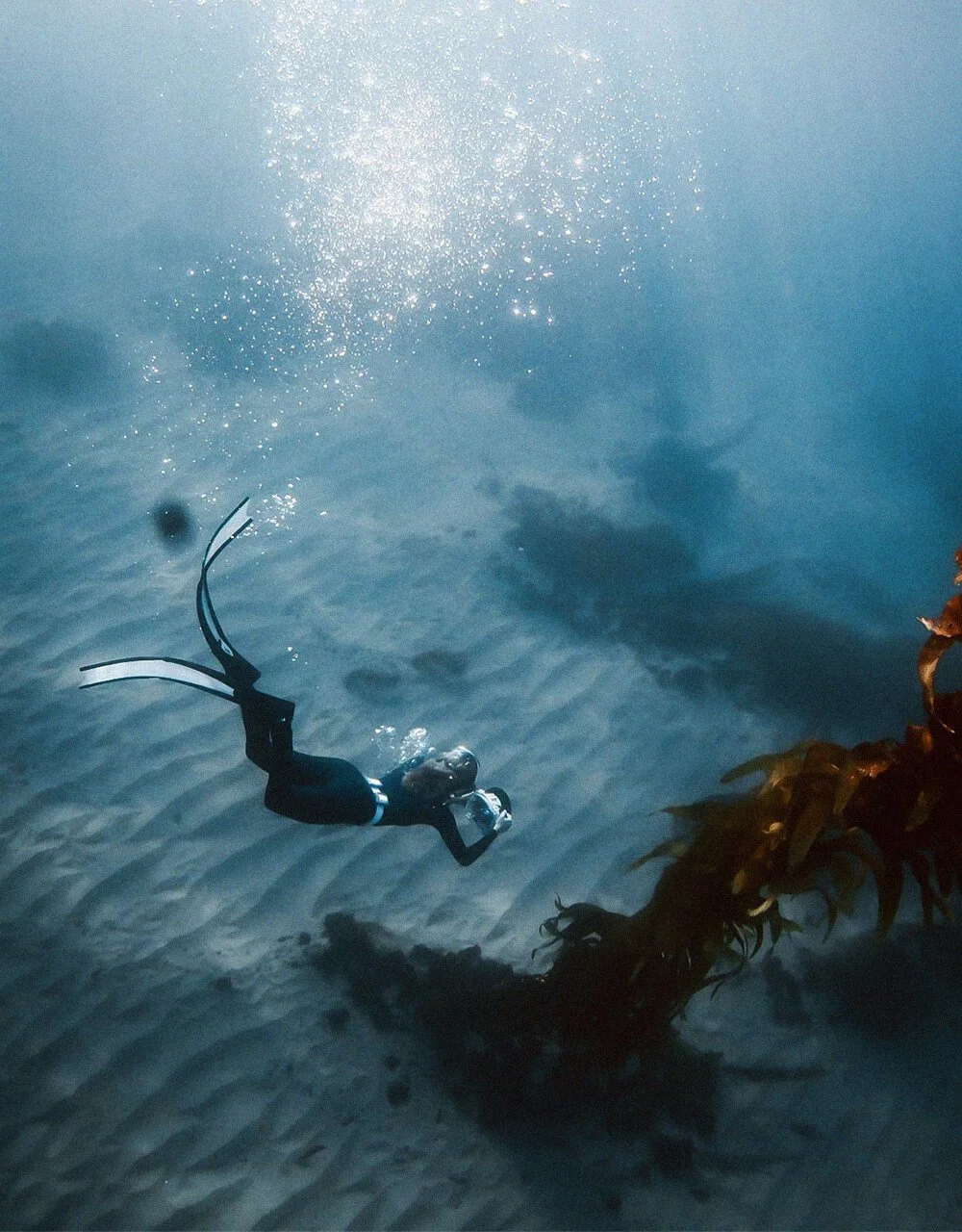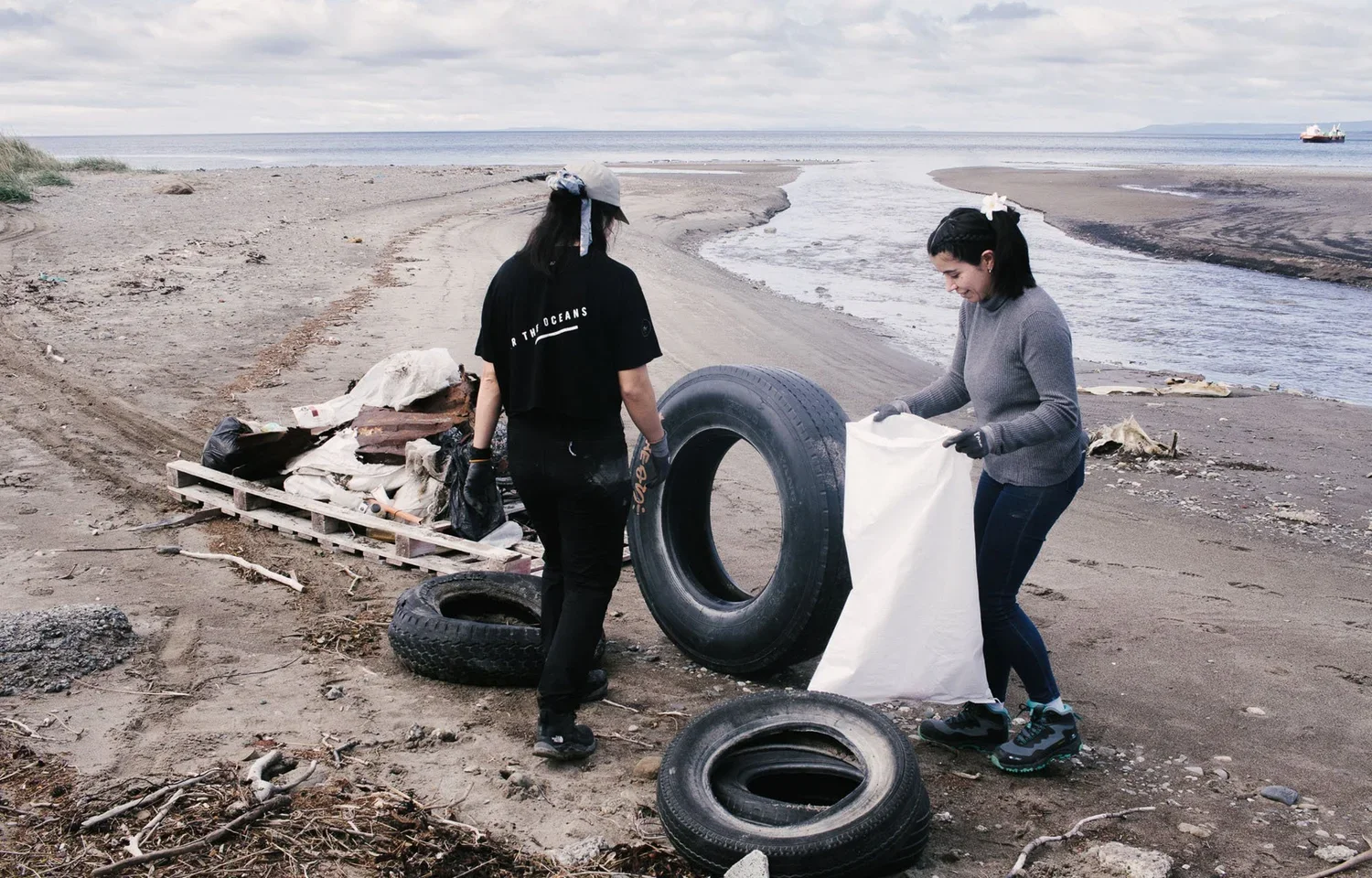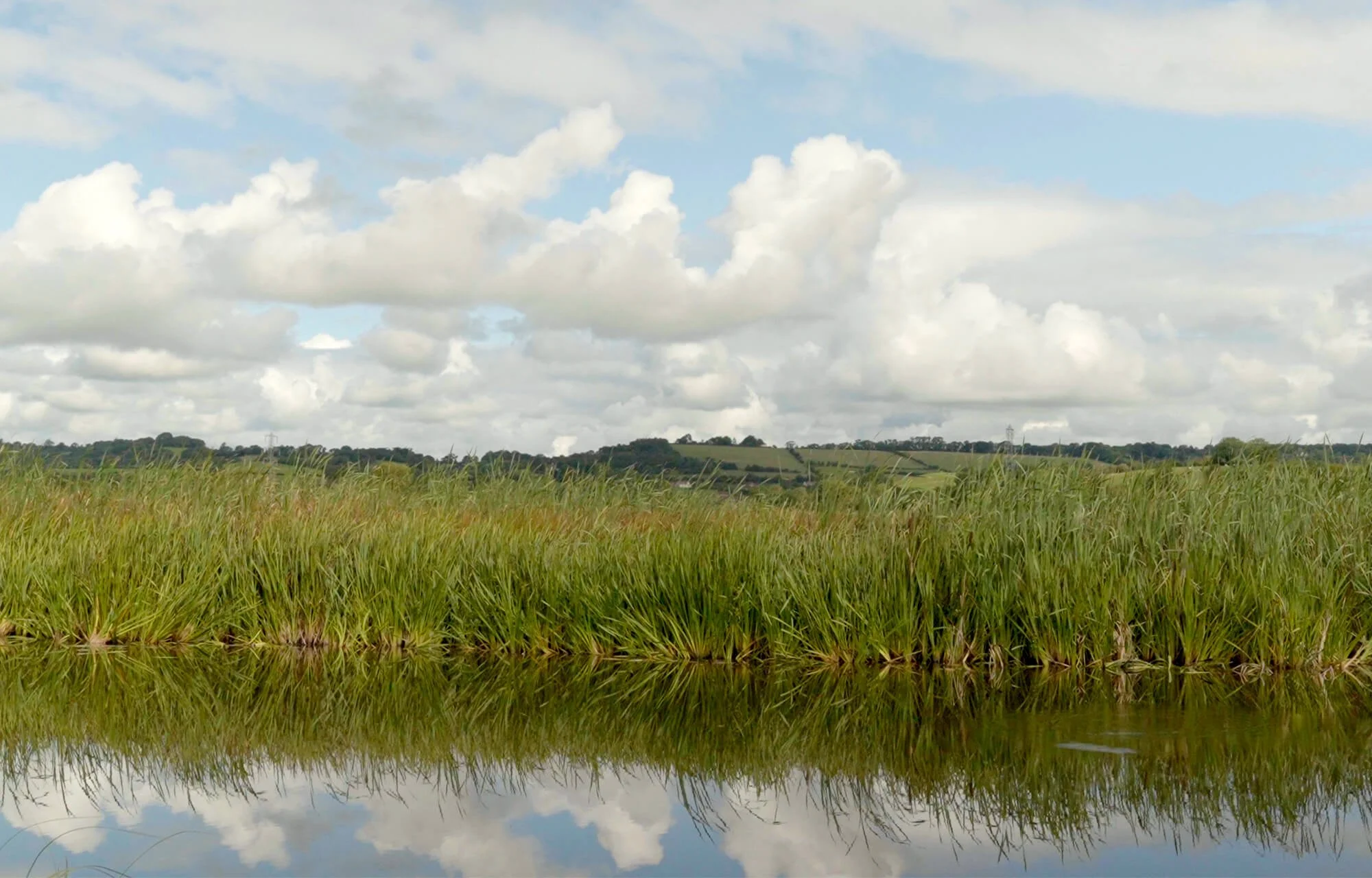Maldives For The Oceans: See what we can do in one day
Meet the Parley Maldives crew behind an unprecedented day of climate and plastic action
Malaa and Madhoo
To limit global heating, curb plastic pollution and protect the oceans, we need immediate, bold and sweeping action across all levels of society, with unprecedented commitments from countries, corporations and individuals. We also need a new narrative. Island nations are on the frontlines of global crises they didn’t create, already acting in myriad ways to confront a tide of plastic pollution and the existential threats posed by climate change. In the Indian Ocean, the Maldives is rising up and setting a powerful example for the world to follow.
On Saturday, June 17, Parley Maldives honored World Oceans Day with Maldives For The Oceans, a record-setting series of events that swiftly became the nation’s largest ever day of environmental action. Organized in collaboration with the Maldives Ministry of Education and Maldives Association for Tourism Industry (MATI), the initiative brought together roughly half the population of the Maldives across 275 islands for beach cleanups, underwater cleanups, and an Ocean Lesson broadcast online and on national TV. Alongside efforts by hundreds of Maldivian schools, resorts, businesses and communities, more than 16,000 individuals around the world pledged their solidarity and support, committing to take action by signing the Ocean Pledge.
We caught up with our colleagues Aishath Malaaha Ismail (Malaa) and Madhuha Abdul Rahmaan (Madhoo) of Parley Maldives after they spent June 17 coordinating Maldives For The Oceans from our office in Malé, under the leadership of Parley Maldives executive director Shaahina Ali. Here, learn what goes into event planning on a nationwide scale, and what these young Maldivians have to say about the future of their island home.
Q & A
Hi team! Can you introduce yourself and your role to our readers?
Malaa: Hi! My name is Malaaha, though I go by just Malaa. I have a passion for the arts and humanities. I started as an intern at Parley Maldives, but my current role includes assisting with operations, graphic design, content writing, and administrative work.
Madhoo: I work in operations and programs at Parley Maldives, focusing on ocean education.
In your words, what is the message and goal of Maldives for the Oceans?
Malaa: The goal of the Maldives for the Oceans event was to make a lasting impact not only on the environment but on the people of Maldives too. To commemorate World Oceans Day, this event was organized to break national records, educate the Maldivian people on various dire topics, and clean up the beaches and underwater scene.
Madhoo: With the Ocean Lesson, we wanted to get a huge number of people involved in ocean related activities by providing different avenues, including for the people who were staying home on the day.
A nationwide effort of this scale is no small feat. What role does collaboration play in the Parley Maldives mission, and how did it contribute to the success of Maldives for the Oceans?
Malaa: Collaborative efforts increase outreach and let us meet like-minded people. There is unity amongst a group of people working towards a common goal. Collaborating with MATI, and the Ministry of Education gave us access to crucial resources and increased the visibility and coverage of the event, which ultimately made ‘Maldives for the Oceans’ successful.
Madoo: Collaboration plays a major role in Parley Maldives’ work and mission. Being a nation that is challenged by geographic dispersion, it is vital for different entities and individuals to come together for any cause to succeed. We rely on our collaborators – be it a school, island council, NGO, resort, boat – to make progress on our goals and a lot of these collaborations are held together by individuals who are passionate about the cause.
Why was it important to include education in addition to the cleanups?
Malaa: Educating the masses ensures an impactful change. In ‘Maldives for the Oceans’, we hoped to educate the Maldivian people about the lasting effects of plastic on nature and human health, as well as the vulnerability of the Maldivian ecosystem to climate change.
Madhoo: Most of the people who turn up for cleanups are people who already know and appreciate the importance of the oceans. Cleanups are also not the only way to show up for the oceans – there are many small changes that people can bring in their day to day business that can have huge impacts on the ocean. Our hope is that the ocean lesson encourages people to connect to the oceans more and start making those changes in their daily lives.
What is the significance of having other people - 16,333 of them - sign the Ocean Pledge around the world?
Malaa: People signing the Ocean Pledge around the world means that our efforts were recognized and appreciated globally. It is an indicator of the scale of our outreach and impact and shows that humans across the globe, so diverse and different, can heed the same message and come forward to protect our Oceans.
Madhoo: Maldives may be 99% ocean, but even the countries that are landlocked and people who have never seen the ocean are connected to the oceans. It is important for everyone to recognize the vitality of the oceans and to make a conscious decision to be more mindful of the impact that we have on them regardless of where we live.
What was the biggest challenge you faced in pulling this off?
Malaa: Because this was our first event of this scale, the largest event in the history of Maldives, too, we underestimated the sheer quantity of resources we needed and had to deliver. But suffice it to say, the event was a success despite the challenges!
Madhoo: The biggest challenge was ensuring that we were able to provide supplies for the collaborators who signed up for cleanups. There were a lot more signups closer to the event date than we expected.
Not a bad problem to have. And the most rewarding part?
Malaa: The most rewarding, personally for me, was the whole experience of witnessing such a transformative event. It was lovely to see people of all ages coming together for the Oceans. I also liked working in a joint effort with my colleagues, they’re dedicated and passionate people.
Madhoo: The most rewarding was having so many people from different organizations come together for the event. We had doctors on national television to talk about the oceans, plastic pollution and its impact on our health. We also had videos from some other organizations that are working in the ocean or conservation field in the Maldives. Being able to bring their videos that highlighted various topics - tips on reducing the amount of waste produced during picnics, whale shark code of conduct, reusing clothes – to the viewership of the national television is something I’m very happy we got to do.
Island nations are disproportionately impacted by climate change and pollution, and are also uniquely positioned to lead through the changes ahead. What role can Maldives play in driving the solution? What do you want to see in a legally binding global plastics treaty, and from individuals, businesses and countries around the world?
Malaa: The Maldives needs to be a frontrunner in advocating for climate change. We simply have no other choice if we want to survive. As such, we have to modulate our practices to be sustainable, especially in the tourism sector, which contributes the largest percentage of waste and single-use plastics in the Maldives.
I think most people across the globe are aware that island nations are disproportionately impacted by climate change, however, it still remains an abstract concept because Island nations are few, and the Maldives is especially small and unknown for reasons besides tourism. So, I believe Maldivians should be specially educated about the climate crisis because we cannot expect other countries to speak or advocate for us. It is hard to have empathy about a foreboding catastrophe that does not personally affect you. We, Maldivians, need to be loud in advocating for better policies regarding climate change and plastic pollution.
That being said, everyone from individuals to large corporations should move towards sustainable practices in this day and age, when the situation is so dire and critical. A legally binding global plastics treaty should boost closed-loop recycling, and ensure major polluting corporations are held accountable for their actions.
Madhoo: Maldives can drive the solution by reducing waste. A huge amount of the waste that gathers up in our waste centers is plastic – mostly plastic bottles. These can be reduced by ensuring safe and reliable water supply for all islands, and making it more convenient to not use single-use plastics.
What’s next for Parley Maldives?
Malaa: During the event, we managed to reach out to many new collaborators and individuals. Naturally, the next step involves remaining in contact with these collaborators and ensuring we keep working with them.
Madhoo: It would be great for those connections to become long-term ones so that we can make longer lasting impacts together.
MALDIVES FOR THE OCEANS
229.8 km of shoreline cleaned
138,329.9 kg of debris removed
350 collaborators
279 islands
76 resorts
205 schools
32,867 volunteers
16,803 students
611 snorkelers
448 divers
12 hours of live educational TV
16,333 pledges to take action for the oceans
1 day on Earth
Thank you to Malaa and Madhu for sharing your experience, to everyone who made this event possible, to our collaborators, and to all who turned out, tuned in and took a moment to sign the pledge. Learn more:


















